In the world of automotive maintenance, one component plays a critical role in ensuring smooth driving experiences – the clutch. Whether you’re a seasoned driver or a new car owner, selecting the right clutch for your vehicle is paramount. In this guide, we’ll explore the factors to consider when choosing a clutch, specifically tailored for the unique driving conditions in New Zealand.
1. Understanding Clutch Basics: Before diving into the selection process, it’s essential to grasp the fundamentals of how a clutch works. The clutch is a vital link between the engine and the transmission, allowing you to engage and disengage power to the wheels. The two main types are mechanical clutches (common in manual transmissions) and hydraulic clutches (found in many modern vehicles).
2. Know Your Driving Style: New Zealand’s diverse landscapes demand different driving styles. Are you navigating the hilly streets of Wellington, or cruising the open roads of the South Island? Your driving habits significantly influence the type of clutch you should choose. For instance, heavy traffic in urban areas may benefit from a clutch with smooth engagement, while off-road enthusiasts might opt for a more robust and durable option.
3. Consider Your Vehicle’s Power and Weight: The power and weight of your vehicle are crucial factors in clutch selection. A high-performance vehicle may require a clutch with increased torque capacity, ensuring it can handle the extra power. Similarly, heavier vehicles like SUVs or trucks may need a clutch that can withstand the additional strain.
4. OEM vs. Aftermarket Clutches: When it comes to purchasing a new clutch, you’ll encounter OEM (Original Equipment Manufacturer) and aftermarket options. OEM clutches are designed by the vehicle manufacturer, ensuring compatibility and reliability. On the other hand, aftermarket clutches offer a wider range of choices, catering to specific driving preferences. Consider the pros and cons of each, keeping in mind your vehicle’s warranty and long-term reliability.
5. Types of Clutches: There are various types of clutches available, each with its own set of advantages. Whether it’s a traditional friction clutch, a dual-clutch system, or a continuously variable transmission (CVT), understanding the options available for your vehicle is crucial. Researching the benefits and drawbacks of each type will help you make an informed decision.
6. Budget Considerations: While it’s tempting to prioritize budget over quality, investing in a reliable clutch is a wise decision. Cheap, low-quality clutches may save money upfront but can lead to costly repairs and replacements in the long run. Strike a balance between affordability and quality, considering the warranty and reputation of the manufacturer.
Conclusion: Choosing the right clutch for your vehicle is a decision that directly impacts your driving experience and the longevity of your vehicle. By considering your driving style, vehicle specifications, and budget constraints, you can make an informed choice that ensures smooth shifts and optimal performance on New Zealand roads. If you have any doubts or need personalized advice, don’t hesitate to consult with automotive experts to guarantee a perfect fit for your driving needs in the Kiwi landscape.
 NZD
NZD
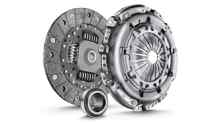
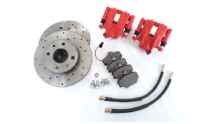
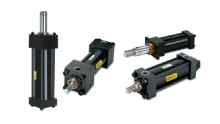
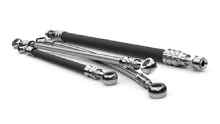
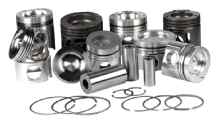
.jpg)
.jpg)
.jpg)
.jpg)

.jpg)
.jpg)


